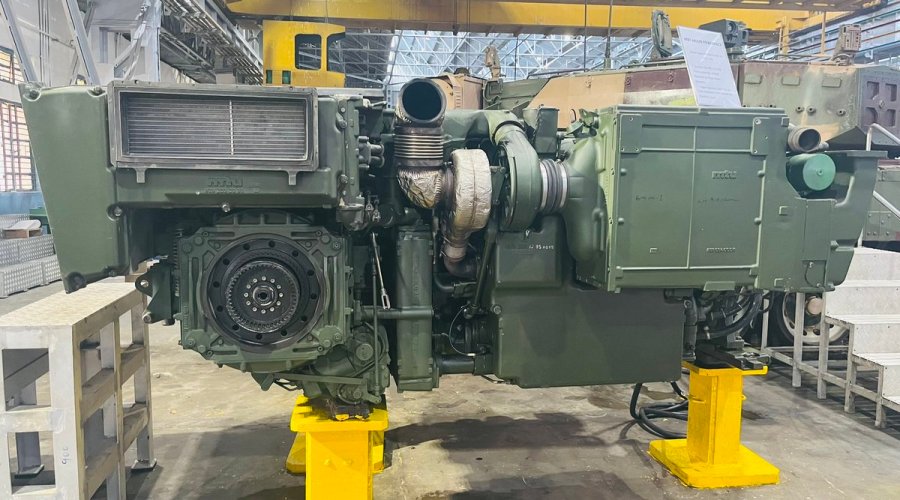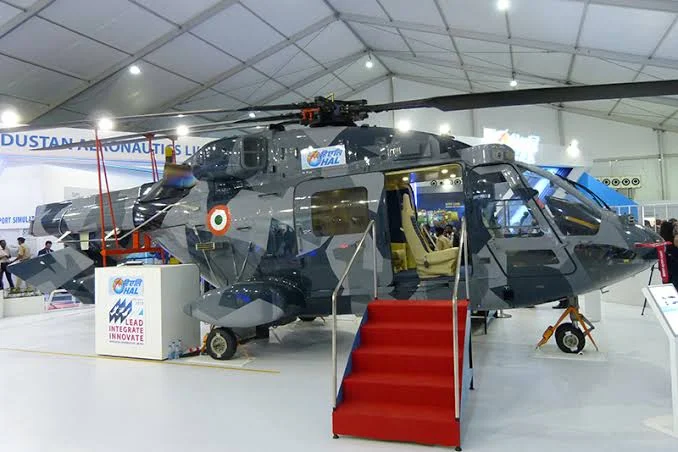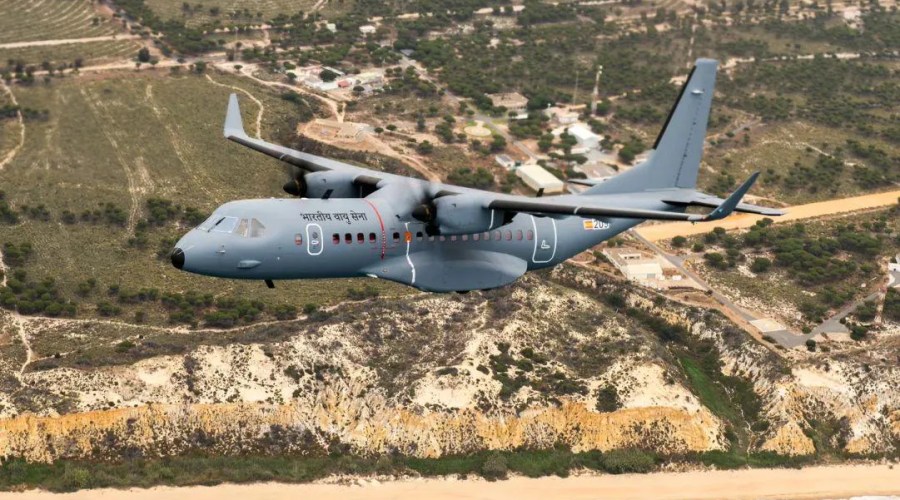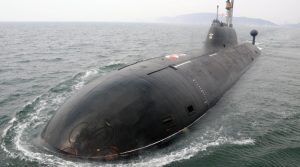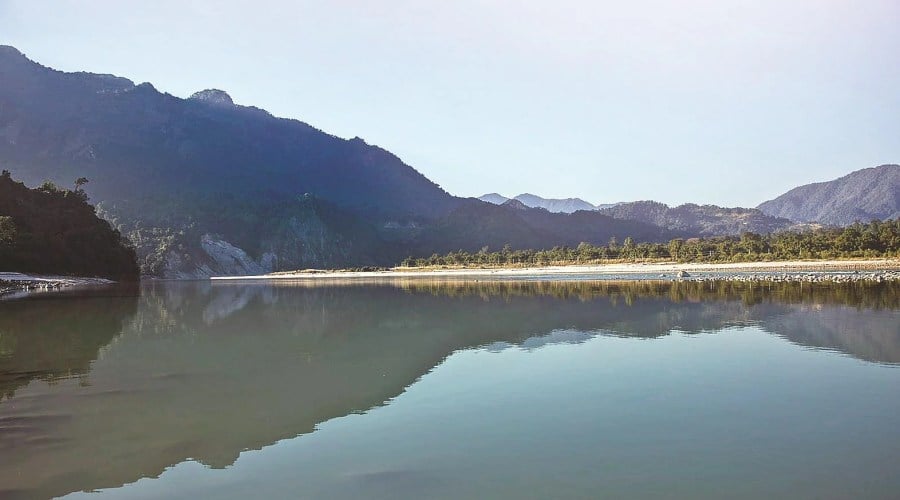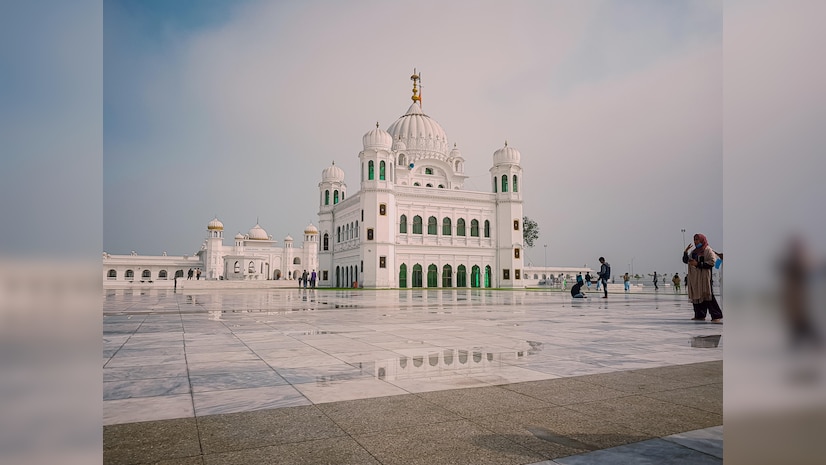BEML to Equip India’s Main Battle Tanks with Datran 1500hp Engines
BEML Limited Secures Key Contract for Advanced Tank Engines to Bolster Indian Defense Capabilities New Delhi, March 20, 2024 -…
India’s Naval Utility Helicopter Prototype in Development, First Flight Anticipated by May 2025
India Advances Self-Reliance in Defense: New Indigenous Naval Utility Helicopter in Development India is poised to make significant strides in…
Modi and Spanish PM Sanchez to Launch TASL-Airbus Military Transport Aircraft Facility in Vadodara on October 28
Modi and Sanchez to Inaugurate Tata-Airbus Factory in Vadodara Vadodara, India – Prime Minister Narendra Modi and Spanish Prime Minister…
Delivery of India’s INS Chakra III Nuclear Submarine from Russia Delayed to 2028 Due to Ukraine War
Indian Navy's Acquisition of INS Chakra III Postponed Amidst Ukraine Conflict In a significant setback for the Indian Navy, plans…
India Accelerates Massive Dam Project in Arunachal Pradesh to Counter Chinese Motong Hydropower Station
India Accelerates Development of Major Hydropower Project in Arunachal Pradesh Amidst Growing Concerns Over China's Influence In a strategic move…
India and Pakistan Extend Kartarpur Corridor Agreement for Five More Years
India and Pakistan Renew Sri Kartarpur Sahib Corridor Agreement for Five More Years In a significant development, India and Pakistan…

